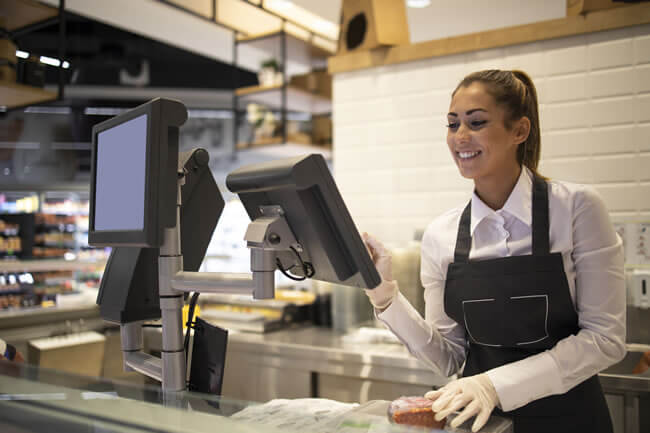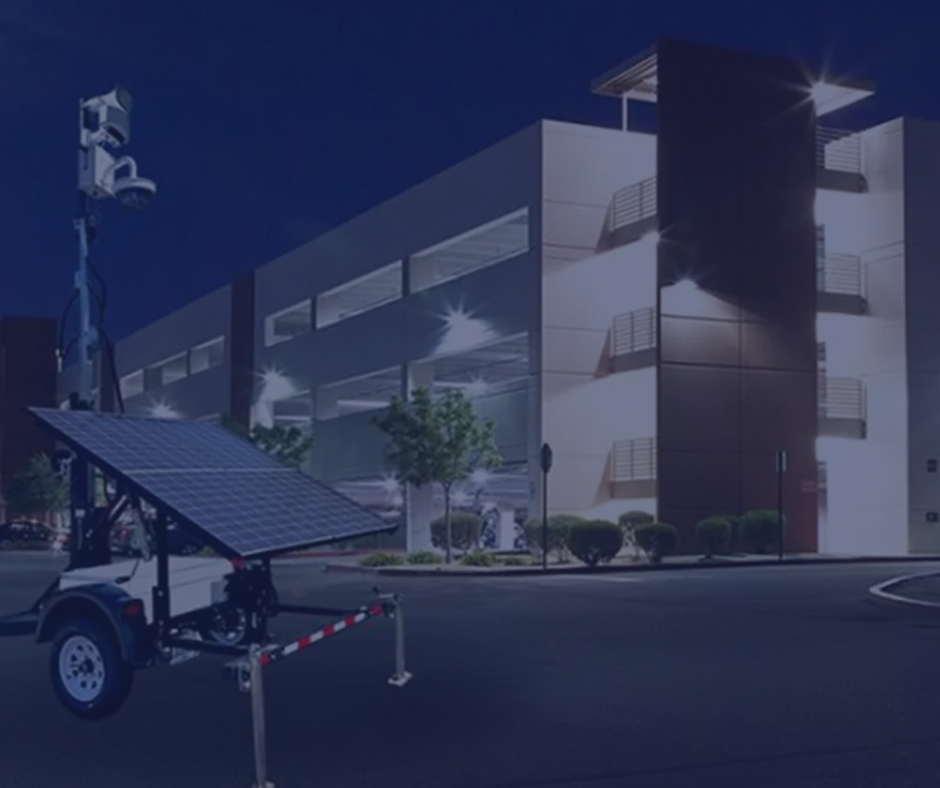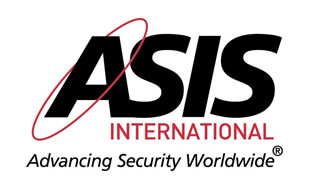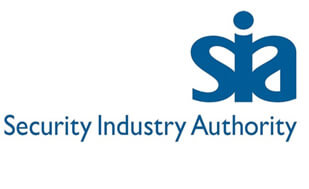Grocery Store Security
Samaritan Protective Services provides customized security solutions for grocery stores. Samaritan works with grocery store corporate security and management in providing comprehensive risk mitigation strategies. From conducting detailed threat and physical security assessments to securing large grocery warehouses, Samaritan utilizes time tested and industry leading practices to protect what matters most.
Operating a safe and efficient grocery chain can be challenging. According to the National Retail Security Survey, last year U.S. retailers lost $13.2 billion from employee theft / shoplifting alone and $29 billion overall. Employee theft was up 2%. Moreover, shoplifting is still among the most common and costly losses in the supermarket and retail industry.
Does your organization need assistance in the creation or update of a security or loss prevention plan? SPS has you covered. Our security experts leverage industry best practices and operational experience to provide customers with the information and tools necessary to protect people, property, reputation, and critical information.
Tips for Security for Grocery Stores
Security for grocery stores is crucial to ensure the safety of customers, employees, and assets. Here are key considerations and measures for enhancing security in grocery stores:
- Surveillance Systems:
- Install and maintain CCTV cameras strategically throughout the store, covering entrances, exits, aisles, and cash registers.
- Ensure cameras have good resolution and proper lighting to capture clear footage.
- Access Control:
- Implement access control measures to limit entry to authorized personnel in storage areas, offices, and other restricted zones.
- Regularly update and control access cards or keys.
- Lighting:
- Adequate lighting in and around the store helps deter criminal activities.
- Ensure that parking lots, entrances, and other high-traffic areas are well-lit.
- Security Guards:
- Employ uniformed security guards to patrol the store, monitor surveillance systems, and address security concerns.
- Guards can also assist with customer service and act as a visible deterrent.
- Employee Training:
- Train employees to be vigilant and recognize suspicious behavior.
- Implement protocols for reporting theft, shoplifting, or other security concerns.
- Cash Handling Procedures:
- Establish secure cash handling procedures to minimize the risk of internal theft.
- Limit access to cash registers and conduct regular cash audits.
- Customer Service and Engagement:
- A well-engaged and attentive staff can deter theft and identify potential issues.
- Greet customers, offer assistance, and maintain a visible presence in the store.
- Anti-Shoplifting Measures:
- Use anti-shoplifting devices such as electronic article surveillance (EAS) systems on high-value items.
- Clearly display surveillance system signage to deter potential shoplifters.
- Emergency Response Plans:
- Develop and regularly practice emergency response plans for situations like robberies, medical emergencies, or natural disasters.
- Ensure that employees are familiar with evacuation routes and emergency procedures.
- Inventory Control:
- Implement inventory control measures, such as regular stock checks and the use of electronic inventory systems.
- Monitor and control the flow of merchandise to prevent theft.
- Collaboration with Law Enforcement:
- Build relationships with local law enforcement agencies.
- Report incidents promptly and work together to address security concerns.
- Technology Integration:
- Utilize technology such as point-of-sale (POS) systems with transaction monitoring features.
- Consider using video analytics and other advanced technologies to enhance security.
- Customer Behavior Analysis:
- Train security personnel to observe and analyze customer behavior for signs of potential theft or other security issues.
- Cybersecurity:
- Implement cybersecurity measures to protect customer and financial data.
- Regularly update and secure the store’s computer systems and networks.
- Safe and Cash Handling Equipment:
- Use safes and secure cash handling equipment to protect cash and other valuables.
- Minimize the amount of cash on hand during high-risk hours.
Regularly reviewing and updating security measures, along with involving employees in security awareness programs, can contribute to a comprehensive and effective grocery store security strategy.
Samaritan Protective Services offers Executive & VIP Protection, Political Event Security, Corporate Investigations, Workplace Protection / Security, Country Club / Golf Course, Religious Place Security, Grocery Store Security, Office Building Security, Movie Theater Security, Museum Security, Financial Institution Security, Shopping Mall Security, Hotel Security, Restaurant Security, Hospital / Healthcare Security, Hotel Security, Nightclub Security, Parking Lot Security, Auto Dealership Security, Uniformed Security Services, K9 Detection Working Dogs, Body Guard Services, Places of Worship














